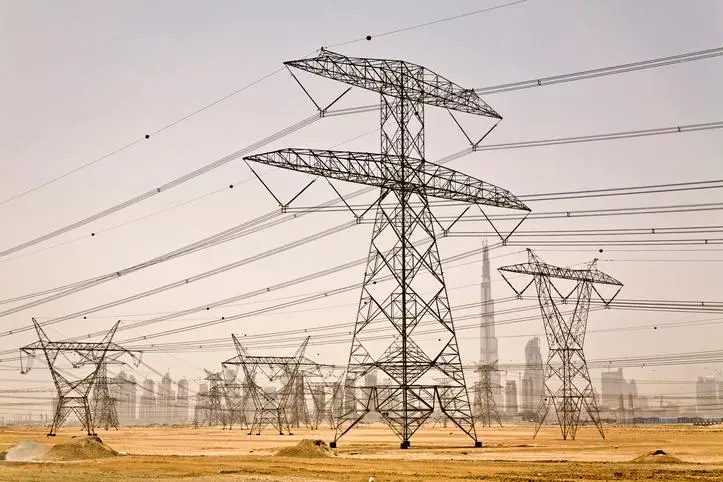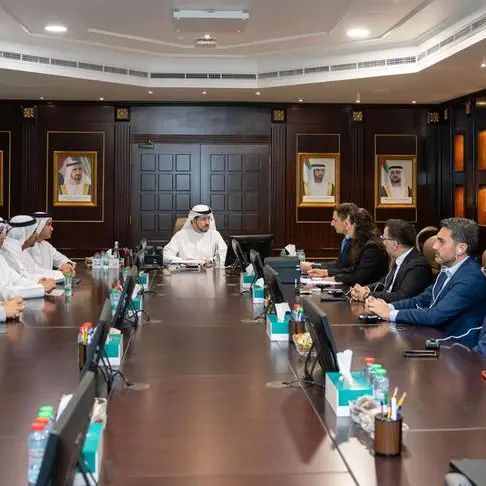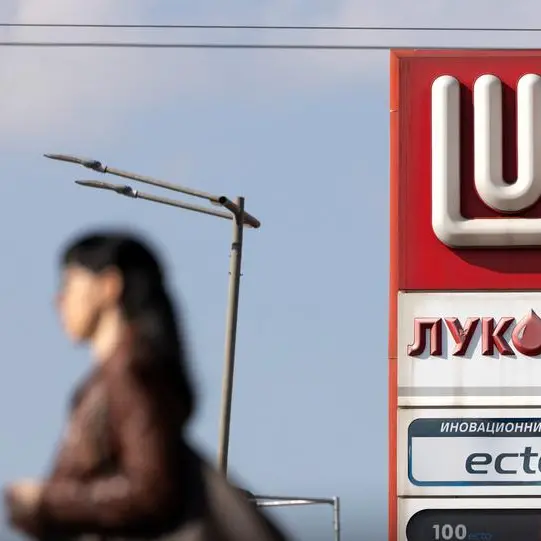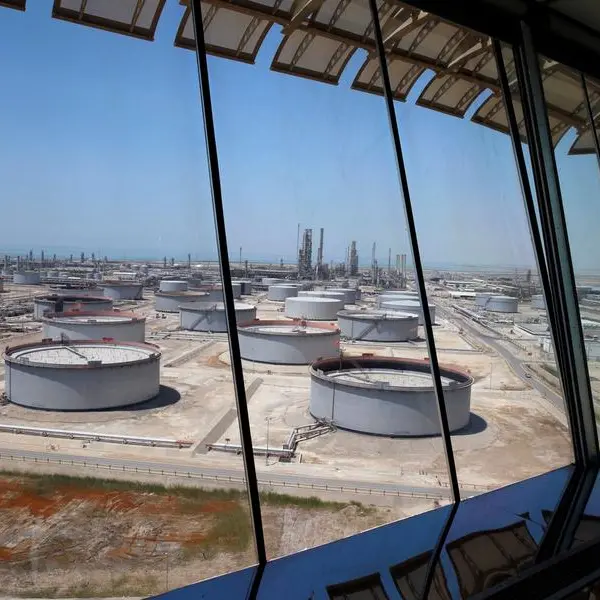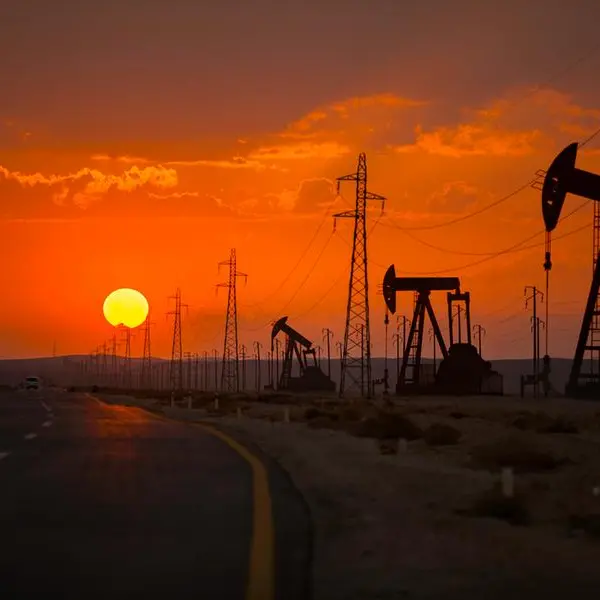PHOTO
Bahrain - Ambitious plans to connect the GCC power grid to Iraq, Jordan, Egypt and Europe were the focus of a major regional conference held in Bahrain.
Electrical engineering experts, researchers and policy-makers came together to discuss current and anticipated challenges in the field, along with future research direction.
The conference was organised by the Dammam-based GCC Interconnection Authority (GCCIA) in collaboration with the Bahrain Centre for Strategic, International and Energy Studies (Derasat).
“Developing our shared electric network is a necessity, not an option,” said Derasat executive director Dr Hamad Al Abdulla.
“We have many plans to develop the interlinked electrical grid, which is one of the most crucial strategic projects in the Gulf,” he added.
He said that an interconnected power grid would help reduce operational and production costs, raise efficiency and reliability and also allow other countries to benefit from surplus energy generated.
“Our dream of connecting the grid became a reality in 2009, after the authority was established in 2001,” said GCCIA chief executive Ahmed Al Ebrahim.
“The interconnection contributed greatly to maintaining uninterrupted electricity supply in the area and avoid partial or total disruption to the services,” the Bahraini engineer added.
“There have been more than 2,500 instances since the beginning of the GCC-wide connection when the network stepped in after a certain part of it had failed temporarily.”
According to the Electricity and Water Authority, the total electricity produced by all the power stations in Bahrain in 1977 equalled 841.3 gigawatt hours (GWh). In 2018, it totalled 18,028 GWh, with 266 GWh contributed by the GCC grid.
Mr Al Ebrahim added that while the construction of the network cost $1.5 billion, revenues so far have reached $3bn.
He announced that later this year work on linking the GCC power grid to southern Iraq’s electrical network will begin.
A study presented at the conference said that the connection would yield $150 million to $300m in annual revenue, and will have a return on investment in less than 15 years.
Mr Al Ebrahim also announced several upcoming projects to develop the grid, including expanding its connections to Kuwait and the UAE this year.
The Omani grid will also be directly connected to the GCC’s for the first time, as it had only been connected through the UAE’s internal networks since 2011.
“After Iraq, we are also eyeing connecting to Jordan and Egypt, through which we can eventually connect to Europe and other Arab countries.”
Both Dr Al Abdulla and Mr Al Ebrahim shared the GCCIA’s vision of a shared Arab market, declaring imminent collaboration between the GCC and the Arab League.
They discussed the need to integrate renewable energy sources into the grid, adding that studies are underway to find out requirements for accommodating them.
However, panellists pointed out that geopolitical relations are one of the biggest obstacles to this ambitious project.
GCCIA control engineer Bandar Al Merri talked about the challenges in incorporating renewable energy into the fossil fuel and gas-based network.
“The fluctuating nature of renewable energy poses a challenge to the stability of the network,” he said.
“Because of that, it could be less responsive to shortages and surpluses elsewhere in the network.
“However, further expanding the grid will help with the stability issues. There are also ways to integrate it with the current grid in a reliable manner, including making use of systems that predict the climate and balance out shortages and surpluses.”
Dr Al Abdulla said that Derasat hoped that the recommendations presented at the conference will help in creating innovative solutions to build a prosperous future for all GCC countries.
Officials had previously told the GDN that Bahrain and its Gulf neighbours could export surplus electricity to Europe, especially in winter when the demand for it peaks.
They added that in return, European energy surplus in the summer could help us cope with hot weather here, adding that it will be a win-win situation.
They also said modern clean energy systems were being linked to Bahrain’s electricity grid, enabling consumers to save on monthly utility bills and resulting in surplus.
© Copyright 2020 www.gdnonline.com
Copyright 2022 Al Hilal Publishing and Marketing Group Provided by SyndiGate Media Inc. (Syndigate.info).
